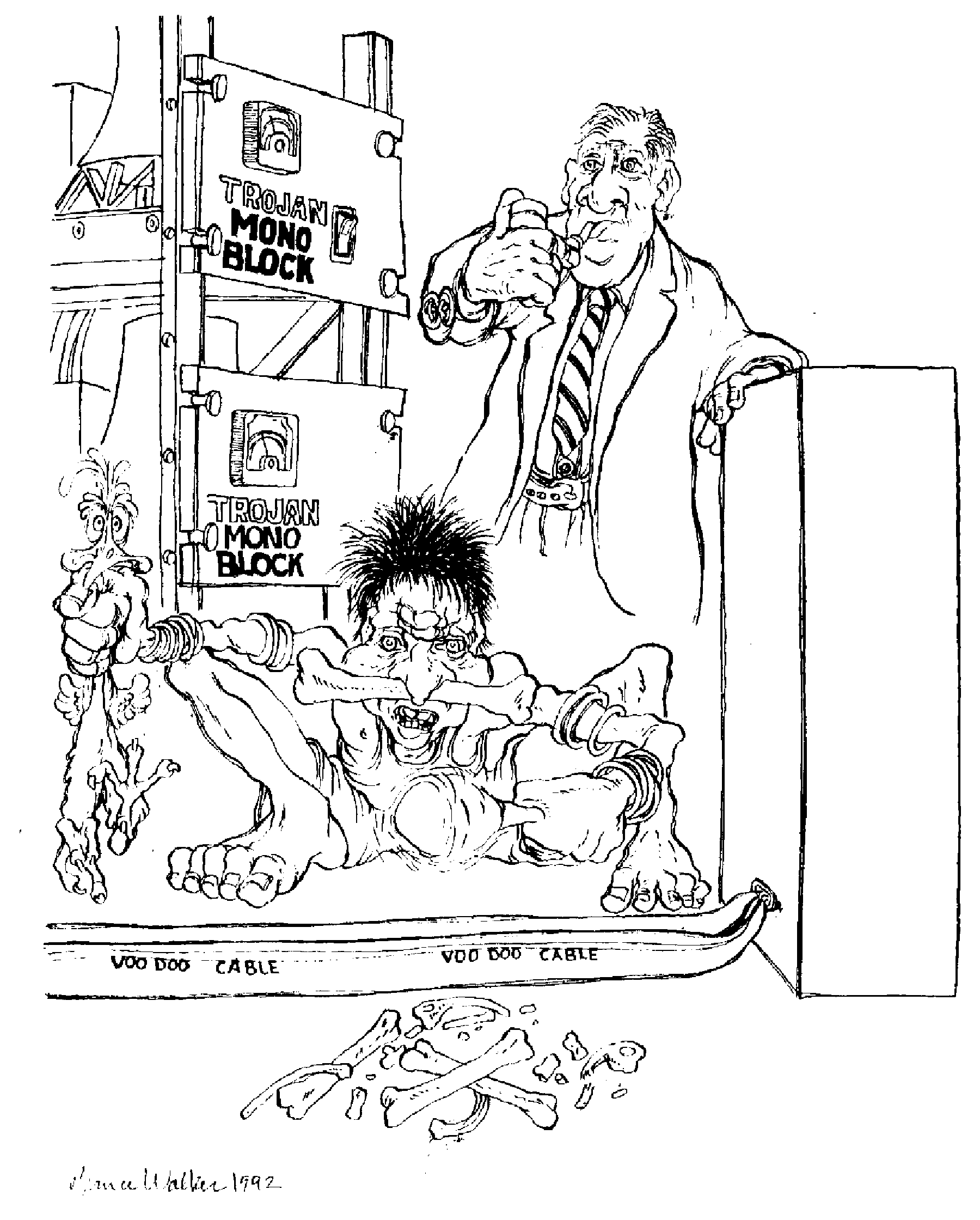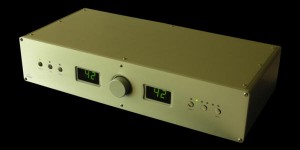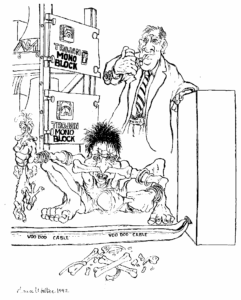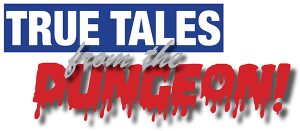Roger Skoff, President of RSX Technologies, at the LAOC Audio Society Gala, December 2023 (photograph and image processing by David W. Robinson)
Roger Skoff writes about the weirdest thing about our hobby
On one of the larger Facebook audio groups, a question currently being asked is "Who is the biggest proliferator of audio BS?", and group members are being asked to "Comment below."
It might surprise you, but my answer to that question is that it's the trolls who seem to make up a goodly portion of that group, and who constantly and vociferously declare everything about our hobby that they don't agree with or believe in to be BS.
Even that might not be so bad—a little healthy skepticism can be a good thing—if it weren't that they invariably go on to say that whatever it is that they currently choose to attack is not only wrong, but that it's willfully intended to deceive and defraud them.
That's simply not true, and I'm going to try here to show you why. First, though, let me state that there has been (and probably still is) HiFi gear that was/is purest BS, and that it was quite obviously intended to deceive and defraud its buyers. One famous example is the—at-one-time-highly-regarded—High-End cable brand that was ultimately discovered to be nothing more than ordinary Belden cable with a braided jacket to cover its origin and fancy connectors added to make it look like hot stuff. That was outright criminal, and no one can be sure that there aren't still others like it out there.
Another famous and discovered scam involved taking a piece of fully intact ordinary commercial audio electronics, putting it, intact, inside a beautiful High-End case with an exotic brand and fancy knobs, and selling it for a lot more than you could buy it for without the tricky trimmings.
Yes, there are such things, but fortunately they're few and far between.
More common are the things that are less than they're touted to be, aren't fraudulent, but simply the result of the fact that ours is—since its beginning, and still to a very substantial degree—a hobby of tinkerers and not necessarily of experts trained to their trade.
This is particularly true of speakers and cables, but really does apply to just about everything. (Who among you has tube electronics and has been able to resist "tube rolling"—swapping the tubes they came with for another brand, or even another model number—6L6GC for 5881 for example—in hopes of getting better performance?)
Diddling with what we've got can be done (and probably has been by somebody) for just about any audio component. Other than swapping tubes or transistors, though, or resistors, capacitors, internal wiring, and other internal components all within a tightly limited range of variance, there's little an amateur, or even a less than top designer, can do to change the basic design of a component and still have it work. That's one of the reasons why there are so many Williamson-circuit tube amplifiers out there. Without serious knowledge, you simply can't start hooking tubes or transistors, resistors, capacitors, diodes, and whatever else together at random and have any hope at all that it will turn into a CD player, a streamer, a preamp, or any other working device.
With speakers and cables, though, it's different. Anybody at all, with any level of knowledge at all, can take any driver at all or any combination of drivers, put them into any box at all or no box at all, with any crossover or no crossover at all, wire their creation together and connect it to a signal source and an amplifier, and it will make sound.
Same thing with cables: anyone at all can take any two conductors of any kind—one span of the Golden Gate Bridge, for example, and a length of hair-fine Kynar-insulated "hookup wire," and, if the two conductors are attached to a source and a load in such a manner as to form a circuit and if that circuit is neither "short" nor open and it's not accidentally grounded, it will function as a cable. It will pass signal, and—with that success under his belt—whoever did it will be able to claim to be a "cable designer," and maybe even offer products for sale.
And they might even be good. Or not. In any case, it's not fraud, it's experimentation. And that—get an idea and try it out to see if it works—is the essence of the scientific method, the only means (other than happy accident) by which progress is ever made.
So where does the BS come in? Not from those who honestly try to deliver good products, even if what they produce appeals only to them. As I've written many times before, nobody knows what recorded music actually sounded like when it was performed—not even the people who were there at the recording session. The musicians heard it only from their own personal position (here, at this position in the room, between these other performers and this far from the nearest microphone). The conductor (if there was one) heard it from a different position than any of the musicians or the people in the audience (if there was one). Each person in the audience heard it from a different position in the venue than any other member of the audience, than the conductor, and, than any of the musicians or other performers. And even the recording engineer had no idea of what the live performance "actually sounded like;" he was listening, all at once, through headphones or studio monitors to the sound picked up by as many as dozens of microphones, each in a different position around the venue and as related to each and all of the performers.
Nobody knows what the music really sounded like, so, in judging equipment to play it, all anyone ever has to go on is his best guess as to what's reasonable, his previous listening experience, and, most important of all, what he likes! That being the case, the real BS'ers are not the ones who listen, or build, or offer what they think is good, but those who claim to have better knowledge than others, often not even from a basis of having listened to something and found it wanting, but on some lofty theoretical basis that eventually can be proven to be either ignorance, bias, or both.
I'll have more to say about this in Part 2 of this article—including thoughts on why ignorance may not be a flaw but bias always is. Stay tuned, I'll be back.








































